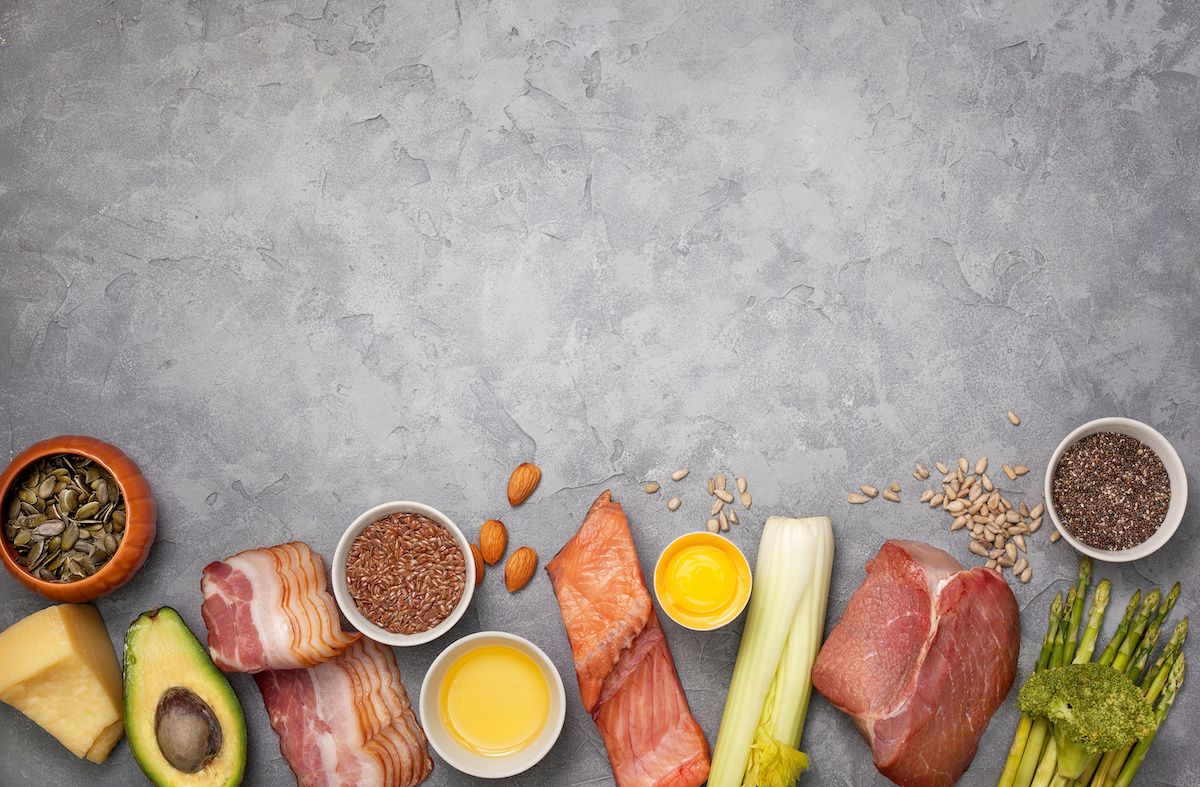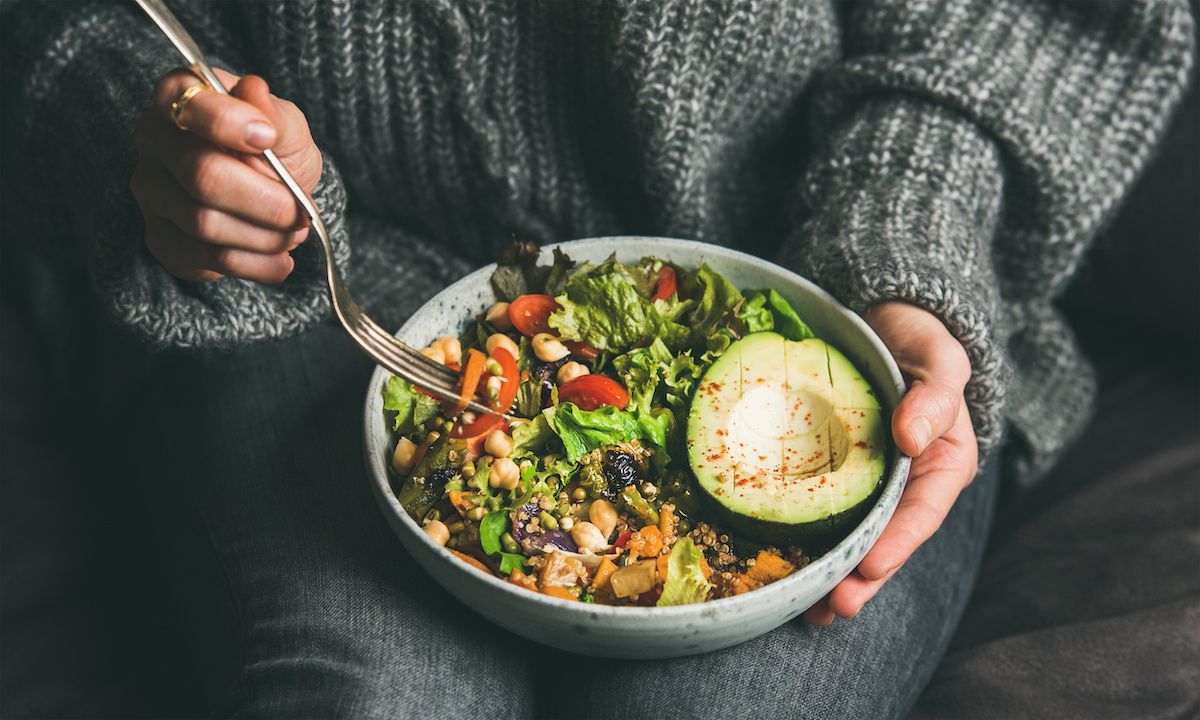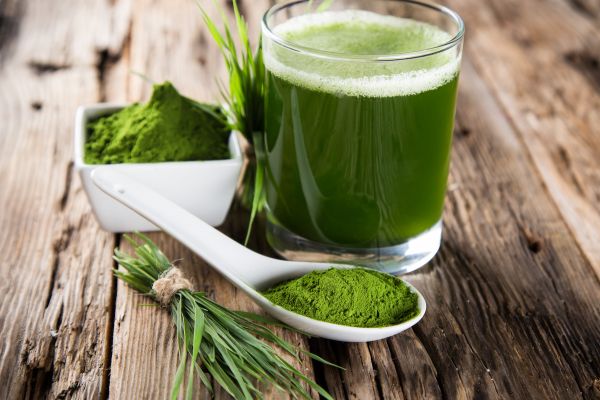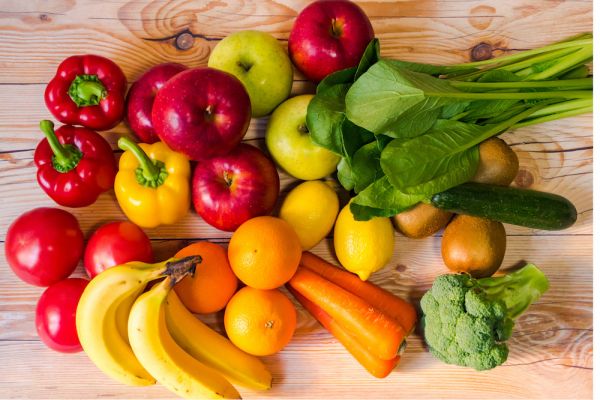In a culture that’s often fixated on food and weight, Americans spend upward of $60 billion annually on diet and weight-loss products. How much of that money is wasted?
We want to help you make informed decisions about healthy eating. Last month’s nutrition article offered tips on how to spot a fad diet. Now let’s look at the pros and cons of some of today’s trendy diets.
Ketogenic Diet (Keto)
The keto diet is based on very low carbs, high fat and moderate protein. The claim is that this diet will cause your body to go into ketosis — burning fat for fuel, producing ketones (substances your body produces when your cells don’t get enough glucose) and leading to better health outcomes.
Pros: Some people may lose weight in the beginning. However, in many people this may actually be due to cutting calories and avoiding foods like sugary treats, rather than the process of ketosis, and people often regain the weight loss when they stop following the keto diet to the letter.
Cons: This pattern of eating can be very high in saturated fat — which is not good for cardiovascular health — and low in certain vitamins and minerals. A low-fiber intake could lead to constipation, and there is the possibility of developing “keto flu,” with symptoms such as upset stomach, headache, fatigue and dizzy spells.
Never miss another Cancer Talk blog!
Sign up to receive our monthly Cancer Talk e-newsletter.
Sign up!Alkaline Diet
The claim is that disease thrives in an acidic environment, so replacing acid-forming foods (meat, poultry, fish, dairy, eggs, grains, alcohol) with alkaline-forming foods (fruits, nuts, legumes and vegetables) can alter the pH values in your body — the balance between acid and alkaline.
However, your body works extremely hard to maintain the pH that is needed for all your organs to function properly. You cannot alter your body’s pH. If you did, the outcome would be catastrophic. You might be able to alter your urine pH, but that would mean only that the systems your body has in place to keep your internal acid/base balance are working properly.
Pros: Increased intake of fruits and vegetables, decreased intake of red meat and added sugar.
Cons: The claims of this diet are not supported by evidence. There is no link between an acid-forming diet and cancer, and cancer cells have been shown to also grow in alkaline environments. People who follow this diet may also be spending money on unnecessary products, such as alkaline water.
Intermittent Fasting
This diet involves an eating pattern that cycles between periods of fasting and eating. However, it does not specify what types of foods you should eat or not eat. So if you eat mostly fruits, veggies, whole grains, nuts and seeds, it could be a very healthful way to eat — but it could be very unhealthful if you fill up on foods high in added sugars and saturated fats.
Pros: Limited, early research suggests that intermittent fasting might have potential benefits for your metabolism.
Cons: This diet can cause health problems if you overeat or binge when you are allowed to eat, or, on the other hand, don’t get enough nutrition and lack energy during times of fasting.
Gluten-Free
Gluten is a protein found in wheat, rye and barley. The claim is that gluten is inflammatory and that avoiding it improves health and promotes weight loss and increased energy.
Pros: If you have celiac disease, the only way to prevent further damage to your intestinal lining is a strict gluten-free diet. The diet is also beneficial for individuals with non-celiac sensitivity to gluten.
Cons: A gluten-free diet may be too restrictive for most people, leading to insufficient intake of B vitamins and dietary fiber. At the same time, gluten-free versions of different foods can be higher in calories, sugar and saturated fat. Just because a brownie is gluten-free doesn’t mean it’s healthy!
Vegan/Vegetarian
Vegan means you do not eat any animal products — no meat, no eggs, no dairy products. Some vegetarians do eat eggs and/or dairy.
Pros: Vegans and vegetarians follow a pattern of eating that is largely plant-based — a type of diet recommended by the American Institute of Cancer Research.
Cons: Extra attention may be needed to ensure you are getting enough protein and B vitamins. And because there are plenty of junk food options for vegans and vegetarians, you’ll still have to make healthy food choices!
“Clean Eating”
There are many “clean eating” slogans out there, often promoted on social media: “Don’t eat something with more than five ingredients.” “Don’t eat a food with ingredients you can’t pronounce.” “Eat only unprocessed food.”
Pros: “Clean eating” focuses on eating more whole-plant foods and eating fewer foods high in added sugar and saturated fat.
Cons: There are plenty of good-for-you foods that have multiple ingredients or are processed. Too much of a fixation on “clean eating” — or any overly restrictive diet — can lead to disordered eating behaviors.
Detoxes/Cleanses
Detoxes and cleanses are promoted as ways to rid your body of “toxins” by consuming a special ingredient, such as activated charcoal, or drinking this or that tea or trendy juice. (Celery juice, I’m looking at you!)
Pros: When it comes to detoxes and cleanses, there are no pros. Your liver and kidneys do all the cleansing and detoxing for you.
Cons: Detoxes and cleanses are unpleasant and unnecessary. Some detoxes and cleanses could prevent you from absorbing the nutrients your body needs.
As the holidays arrive with a bounty of latkes, eggnog and sweet potato pie, stay tuned for our December nutrition article about mindful/intuitive eating.






